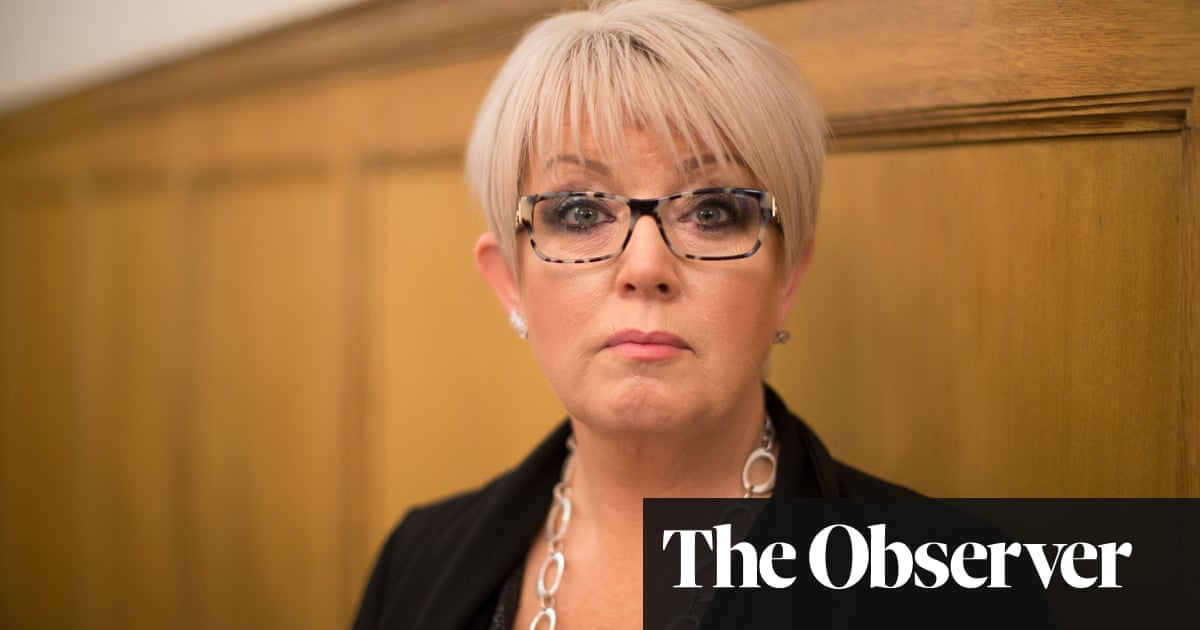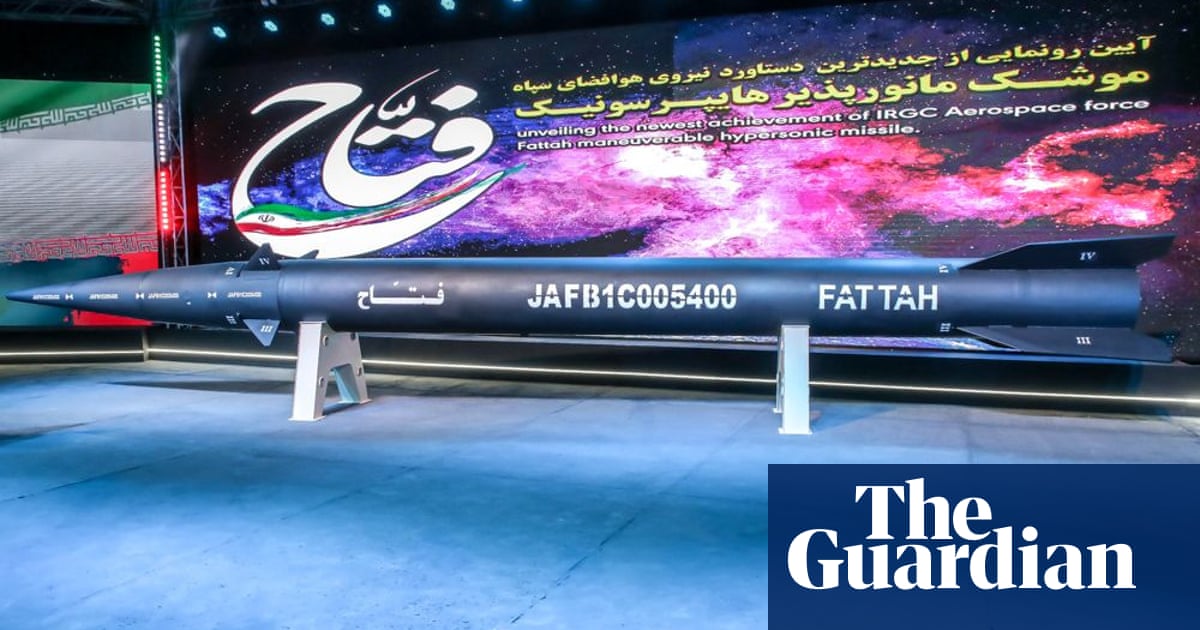
With the return of the nuclear negotiations between the Iranian regime, Germany and the five permanent members of the UN Security Council — the UK, US, China, Russia and France — fast approaching, it is clear that not all members of the P5+1 hold the same position regarding the agreement.
China and Russia are more likely to align themselves with Tehran due to their strategic and economic interests. It is, therefore, critical that the Western parties, particularly the US, approach the negotiating table from a position of strength. For this to happen, the West must understand that the Iranian regime is desperate for a revival of the nuclear deal due to the significant financial and sanctions relief that the JCPOA offers Tehran’s leaders.
It has become crystal clear in the three years since the Trump administration pulled the US out of the nuclear agreement that nobody can completely shield Tehran from the US sanctions. Therefore, Tehran needs the US to come on board. In fact, Iran’s state-controlled Arman-e-Meli newspaper surprisingly acknowledged on Saturday: “No country, neither China nor Russia, will be able to save our economy. We must try to lift the sanctions. The way out of the internal pressures and the (bad) economic situation is to get rid of the issue of sanctions and it will be solved with the JCPOA.”
Since the Ebrahim Raisi administration came to power in August, it has been attempting to increase the government’s leverage in the negotiations by rapidly advancing the country’s nuclear program.
However, the reality on the ground is that the regime is on its knees and desperately needs to revive the nuclear deal. It recently asked the US to unlock $10 billion to restart the nuclear talks. Based on a report released by the Financial Tribune, the Iranian regime’s budget deficit is “on course to reach 4,640 trillion rials ($16.79 billion) in the 2021-22 fiscal year, while the government is also facing an unfunded deficit of roughly 30 percent, or 3,830 trillion rials.”
If Iran’s huge deficit continues, it will bring increasing inflation and contribute to the further devaluation of the currency. This will, in turn, add to popular frustration against the ruling clerics, which could trigger another nationwide uprising and threaten the theocratic establishment’s hold on power.
Raisi has formed a Cabinet full of members of the security apparatus — the Quds Force and the Islamic Revolutionary Guard Corps — offering yet another indication that the regime fears further uprisings. But the regime’s crises are so deep-rooted that the wisdom of such policies is highly questionable. The sheer force of the socioeconomic and political disasters created by the theocracy appear capable of inducing its downfall. Almost every sector of society is out in force with a growing list of demands and grievances that the regime cannot address.
In addition, the regime is increasingly concerned about its regional isolation and how the geopolitical chessboard of the Middle East is tipping the balance of power against Tehran.
From the perspective of the Iranian leaders, the nuclear deal will address such concerns because it will give Tehran global legitimacy and will reintegrate the country into the global financial system. As the Arman-e-Meli newspaper recently warned: “We must take care of the security circles around the country. Recently, the Zionist regime has been trying to form a regional and international coalition against our country. These threats should not be ignored. It should not be taken lightly, but it can be very serious.”
The newspaper added: “A front is forming in the region ... The prime minister of the Zionist regime has announced that the anti-Iranian alliance in the region will take a stronger shape. This front can be dangerous and a threat to us. Negotiations must begin peacefully.”
Therefore, the US must maintain its leverage in the negotiations until Iran’s leaders fulfill all the demands required to prevent the regime from obtaining nuclear weapons.
America and its European allies must not enter nuclear negotiations with the Iranian regime from a position of weakness. The West has significant leverage over the theocratic establishment because Tehran is desperate for financial and sanctions relief.












